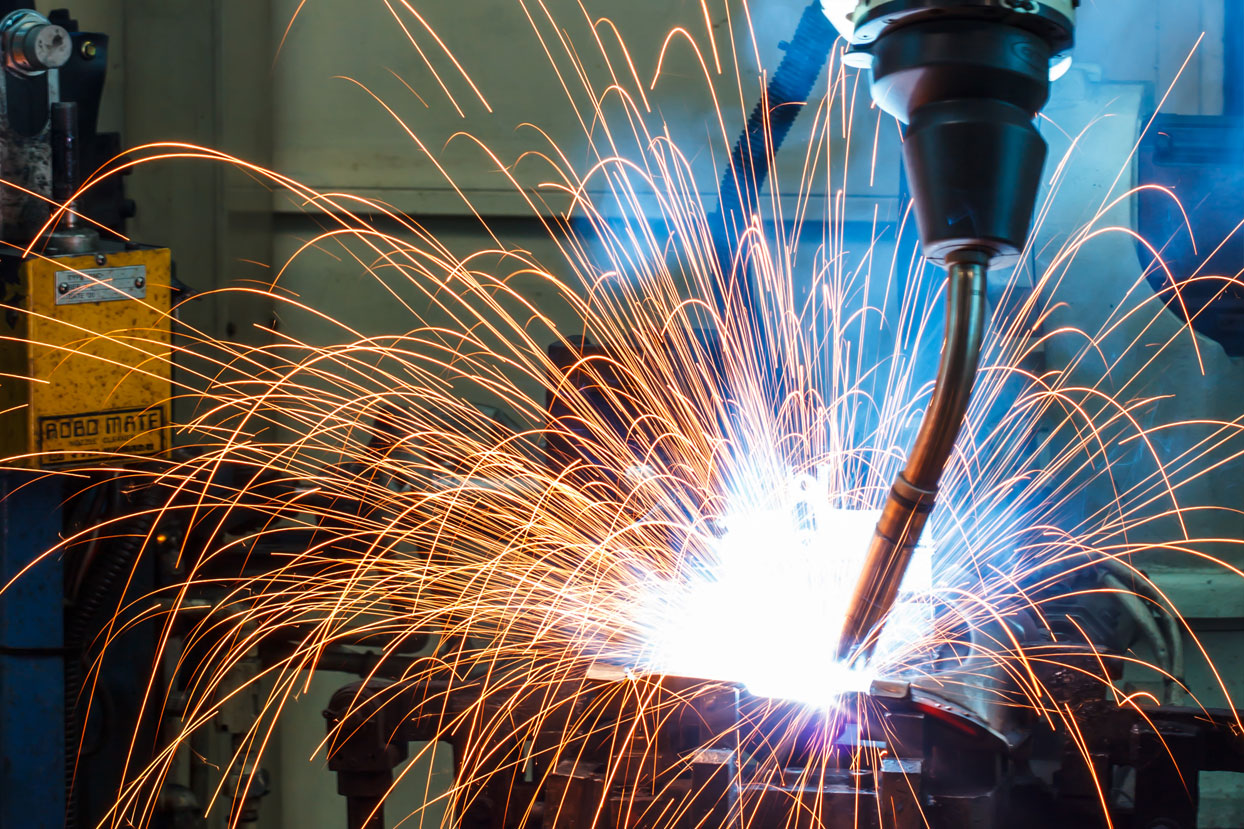The Coming Revolution of American Manufacturing

It has become common wisdom that we are in a “new normal” of low growth in an economy destined to deindustrialize and become increasingly dominated by low-paying service-sector jobs. This outlook is mistaken.
In the first place, the size of the manufacturing sector is underestimated. The 12% share of GDP attributed to manufacturing is an artifact of how government accounts for business activities, not how businesses actually operate or what they actually do.
Second, the U.S. is on the precipice of an industrial transformation as deep and impactful as the one that took hold in the early 20th century. Productivity growth is poised for a leap, thanks to the efforts of scientists, engineers, and innovators over the past decade.
- U.S. statistical agencies count work performed by a “services” establishment as a service without regard to whether some or much of that service is, in fact, a manufacturing activity. Conversely, current accounting conventions wrongly count some aspects of manufacturing as a service.
- A dizzying series of technologies are emerging in three domains: wholly new classes of materials, radically innovative machines, and unprecedented information analytics governing manufacturing methods. In all these areas, we are already witnessing the emergence of new businesses entailing billions of dollars of revenues along with the inevitable rise of massive industries to fabricate the new classes of materials and products and to provide the interrelated services.
- As far-reaching as are the changes within each of these three domains, it is in their symbiotic combination that we see the emergence of entirely new manufacturing systems. A revolutionary restructuring of the means of production is under way, best called manufacturing-as-a-service (MaaS). In the years to come, MaaS production will add trillions of dollars to the U.S. economy and generate millions of new well-paying jobs in manufacturing and allied economic sectors.
______________________
Mark P. Mills is a senior fellow at the Manhattan Institute. Follow him on Twitter here.
Photo: PJ66431470 / iStock / Getty Images Plus
Are you interested in supporting the Manhattan Institute’s public-interest research and journalism? As a 501(c)(3) nonprofit, donations in support of MI and its scholars’ work are fully tax-deductible as provided by law (EIN #13-2912529).